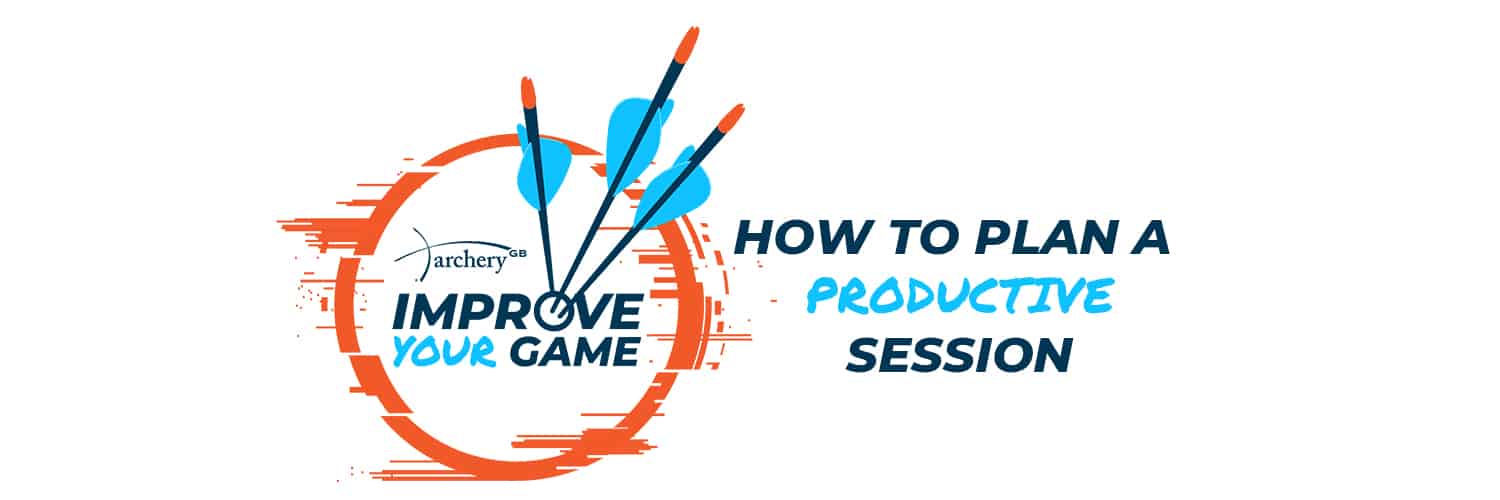Izzy Carpenter explains how to plan productive sessions and progress within your own shooting.

One of the best ways to get the most out of your shooting, both competitive and practice, is to plan. Just as you would prepare for an important meeting or exam, the same applies to archery. I find it very helpful to keep a diary that lives in my bow case.
Firstly, at the top of a new page, I write the date, location and the weather conditions. I then split the page into two sections, one section for before shooting and the other for after shooting.
In the before shooting section, I write down my aims for my training, whether it's to shoot a certain number of arrows or to hit several tens consecutively. I also make a note of how I was feeling going into training. Be aware that each individual will have different aims and goals for each session, so don't go by what others are doing. Keep it relevant to your training and if you aren't sure, discuss with your coach before the session.
After a session, I like to make a note of my results: if I hit my aims and how I felt about my shooting. If one of your goals was to 'focus on your process', how did you do this? Did you write down your process prior to shooting so you knew what you were working on? How many arrows do you think you ran your process properly for? Make sure you evaluate and assess your session, so that you can go back and see your progress and where you need to improve.
Keeping track of each training day helps me to focus on and compartmentalise the positive parts and the areas for improvement. This method is especially useful for competitions as you can look back on your training during the week to remember what you were working on. It helps to spot patterns and repetitions in your shooting. Writing down scores and results from competitions by date also makes it easy to find them again when it comes to filling out ranking information.
For a quick overview of the day, I like to put a smiley face or coloured traffic light system in the top corner of the page, so I can flick through the pages and get a visible idea of how each day went. You can use whatever method you prefer as long as it's clear and easy to see. Also, remember not to be too harsh on yourself. Some archers tend to write down a few key points after a competition and then come back to it after a short while if it wasn't a result they wanted. This gives them time to calm down, evaluate rationally and think clearly.
Rikki Bingham recently did a competition-planning
Boost video, so for more information about planning,
watch here!
